The mighty winding Yellow River flows across the land of China. From the Bayankala Mountains on the Qinghai-Tibet Plateau and flows eastward into the Bohai Sea, the Yellow River flows day and night, mighty and mighty. It connects the farming culture, grassland culture and Silk Road culture flowing through the region. In Gansu Province, the Yellow River surges more than 900 kilometers, painting a magnificent picture.
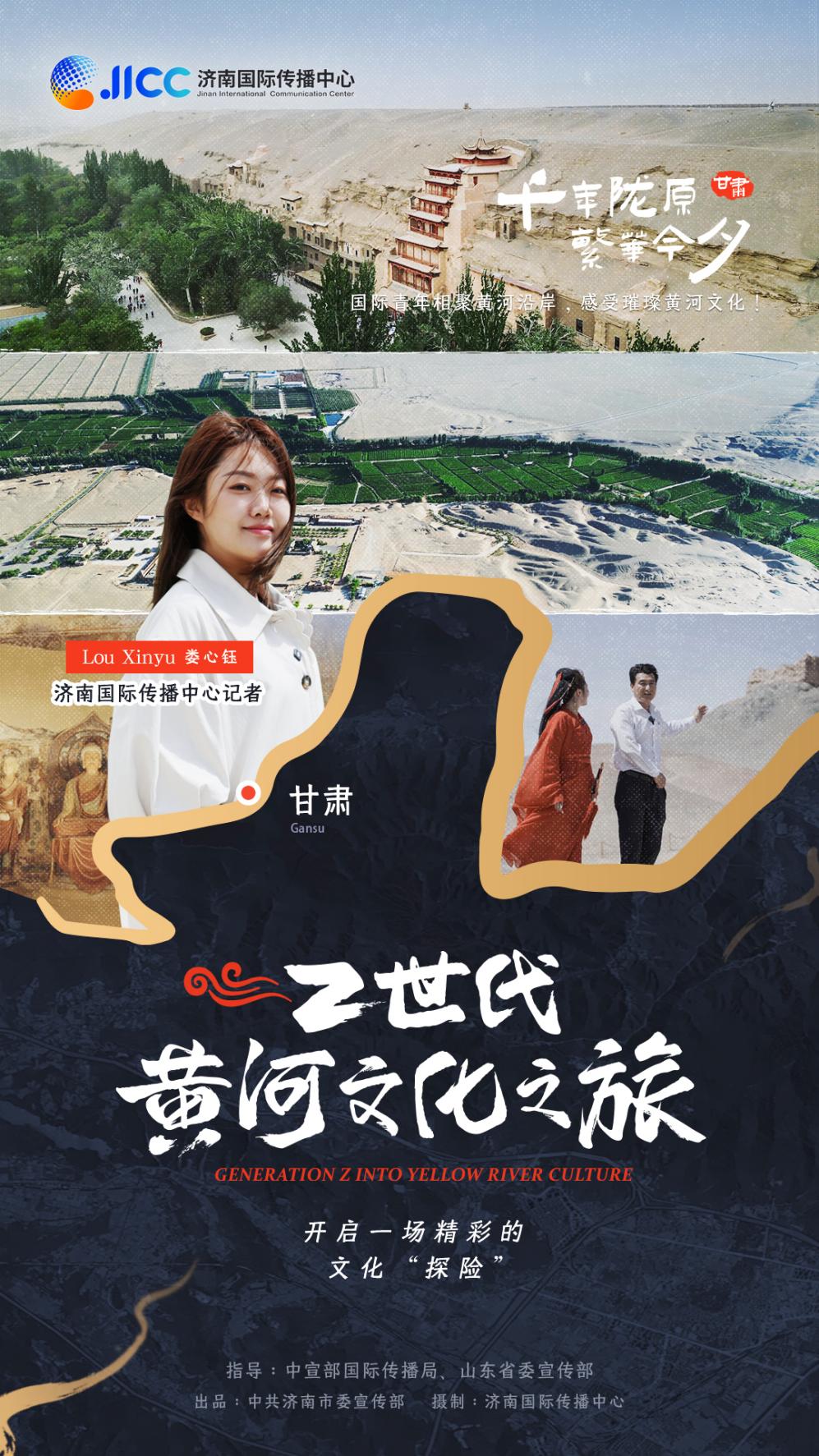
Gansu, also known as Longyuan land. It has a long history and deep culture. In this issue, Xin Yu, the anchor of Jinan International Communication Center, and Li Ke, an Uzbekistan Student at Lanzhou University, followed the footsteps of the Yellow River cultural journey to Gansu, taking you to enjoy the diverse and inclusive “Helong culture”.
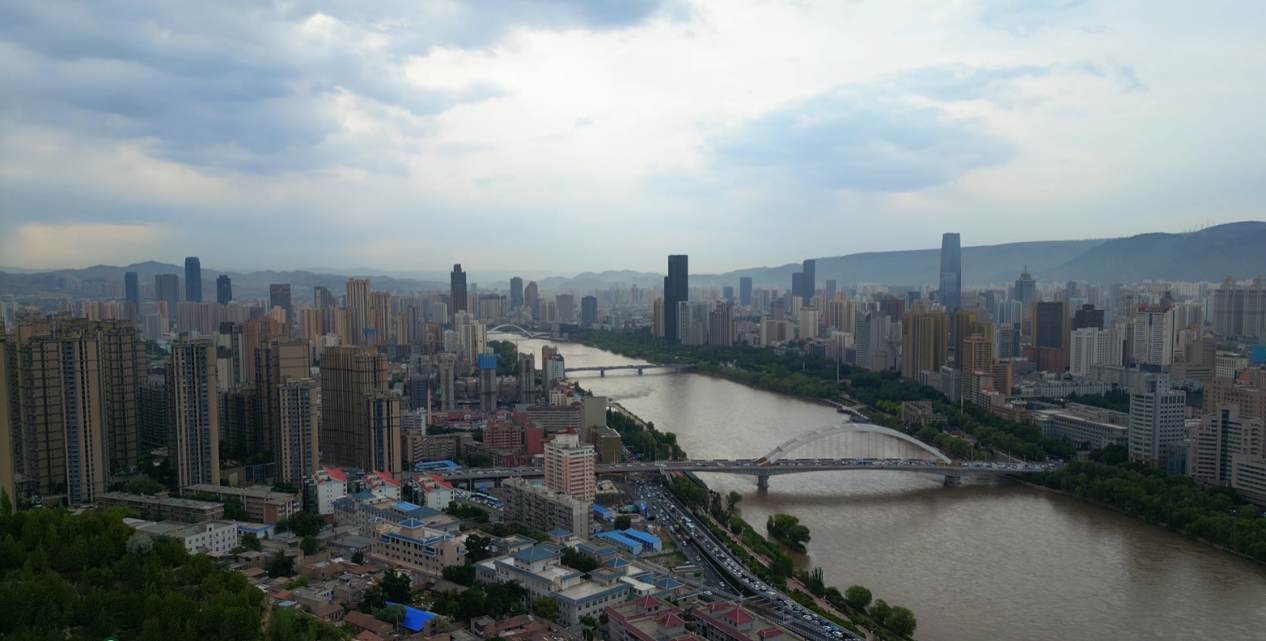
Lanzhou, also known as the “Jin City” by taking the meaning of “an impregnable city”, is an important transportation hub on the ancient Silk Road, with a history of more than 2,200 years of urban construction, and it is the only provincial capital city through which the Yellow River passes. In modern times, the Yellow River not only precipitates a lot of cultural heritage for Lanzhou, but also brings a lot of tourism resources.
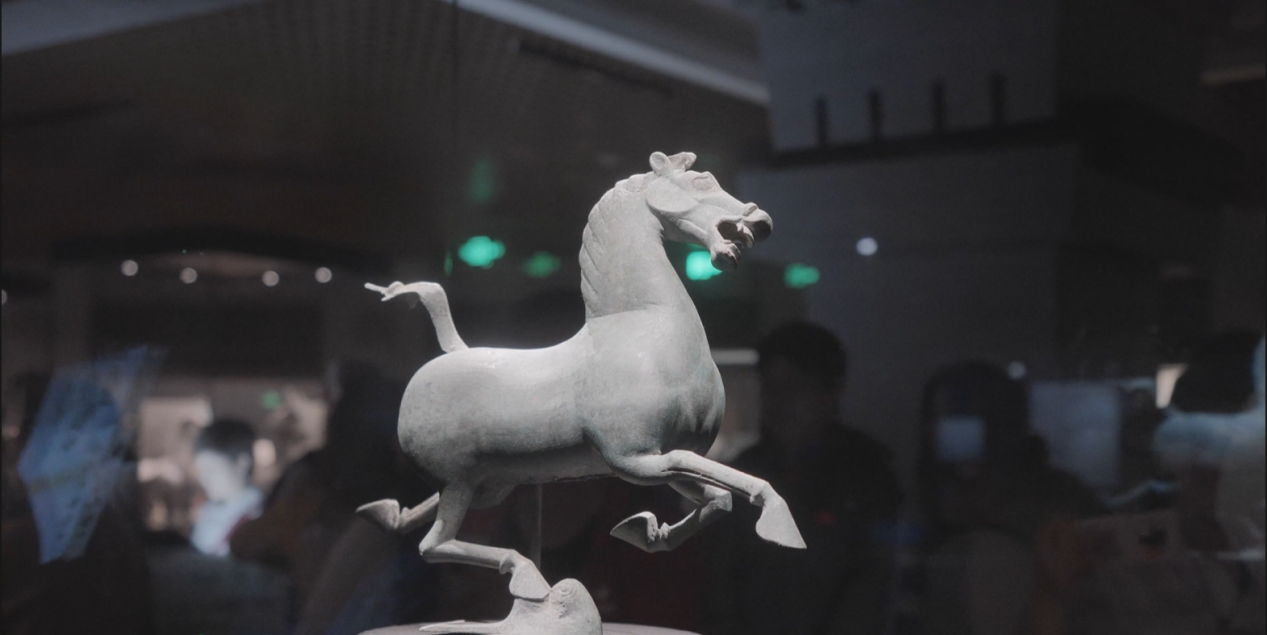

"The ancient Silk Road is three thousand miles long, and the Yellow River civilization is eight thousand years old." Enter the Gansu Provincial Museum, where one of the most famous cultural relics of the Yellow River culture is collected - Bronze Galloping Horse. As a symbol of Chinese tourism, it has long been known around the world. In recent years, it has once again popular because of the adorkable cultural and creative plush toys launched by the Gansu Provincial Museum, and even demand exceeds supply.

According to reports, Gansu Provincial Museum also has a collection of Han Dynasty wooden slips, Han and Tang Dynasty Silk Road treasures and paleontological fossils. These precious cultural relics carry the wisdom and craftsmanship of the ancestors on both sides of the Yellow River, demonstrating the important position of Gansu province on the Silk Road and its rich cultural heritage.
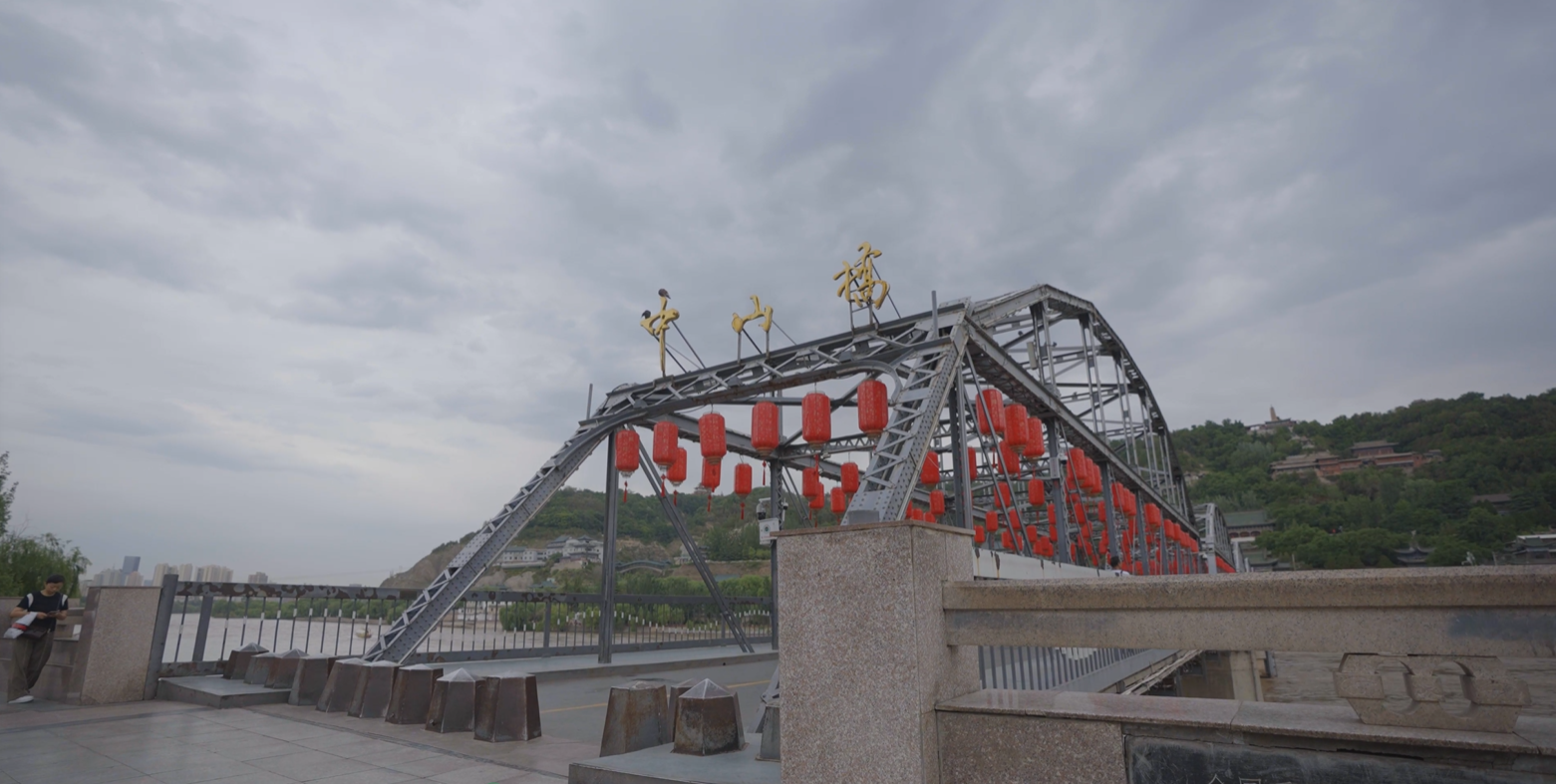
The centennial Iron Bridge is a landmark in Lanzhou. It turned the Yellow River Valley, which had blocked the city for thousands of years, into a thoroughgoing route. It has helped the people of Lanzhou through the hard times and witnessed the rebirth of the city. Through the years, the picture of the iron bridge and the Yellow River has been deeply integrated into the city. The two sides of this iron bridge are also staging different lifestyles of Lanzhou people.

When you get tired walking along the Yellow River, you can find a tea stall. Leaning on the chair, facing the blowing breeze from Yellow River, and then drink a cup of "Sanpaotai Tea". The taste is fresh and fragrant, which is the unique taste of Lanzhou people.

Sanpaotai Tea can be traced back to the Tang Dynasty. In the Ming and Qing Dynasties, Sichuan tea drinking customs were introduced to the northwest and combined with local tea drinking customs to form tea with strong national characteristics. This kind of tea added longan, red dates, chrysanthemum, raisins, tea, wolfberry, rock sugar and so on. It comforts the taste buds of diners at home and abroad.
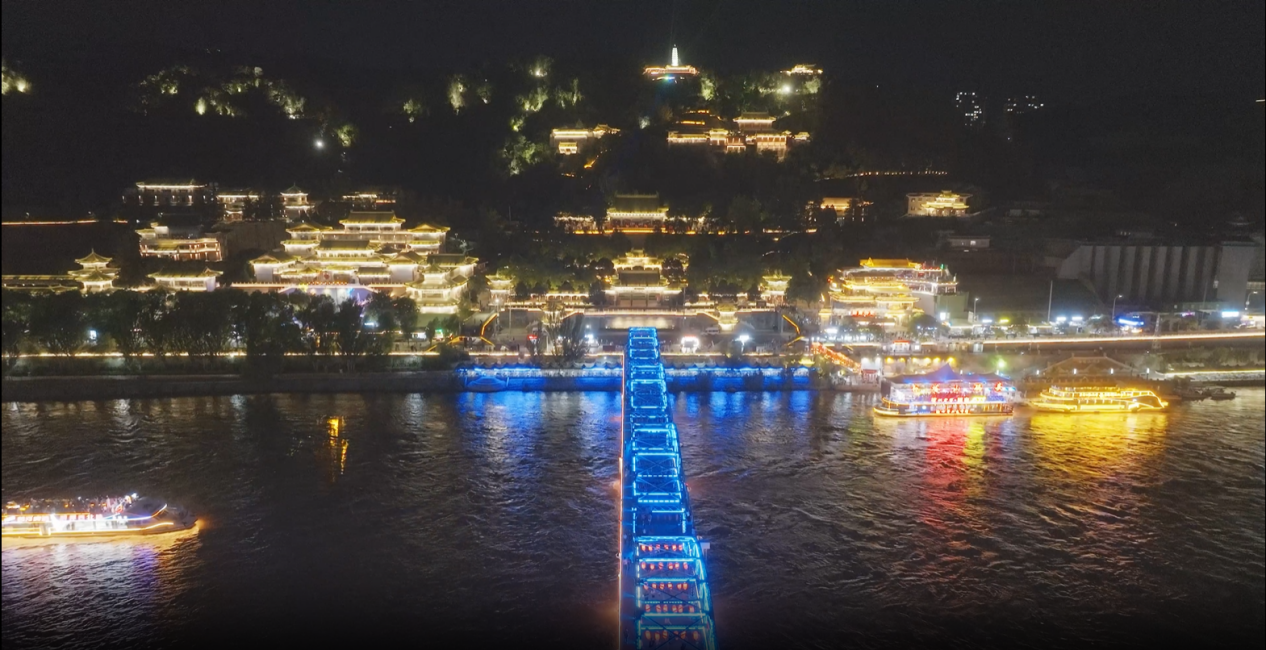

The Yellow River brings a lot of tourism resources to Gansu, and also breeds many magnificent cultural relics resources. Dunhuang culture is one of the most beautiful business cards of Yellow River culture in Gansu.
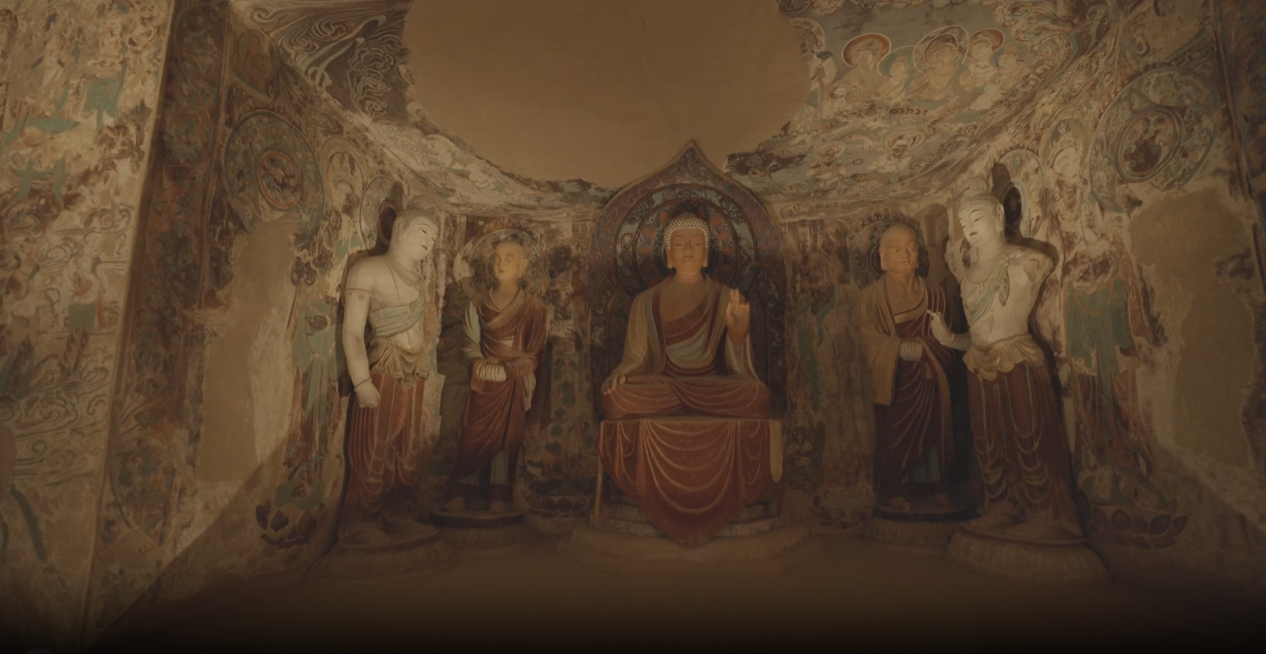
The Mogao Grottoes are located at the western end of the Hexi Corridor in Dunhuang. Its excavation lasted for about a thousand years from the Sixteen Kingdoms Period to the Yuan Dynasty, which is unparalleled in Chinese grottoes. It is not only a brilliant artistic treasure trove of ancient Chinese civilization, but also an important witness to a dialogue and exchange between different civilizations that echoed on the ancient Silk Road.
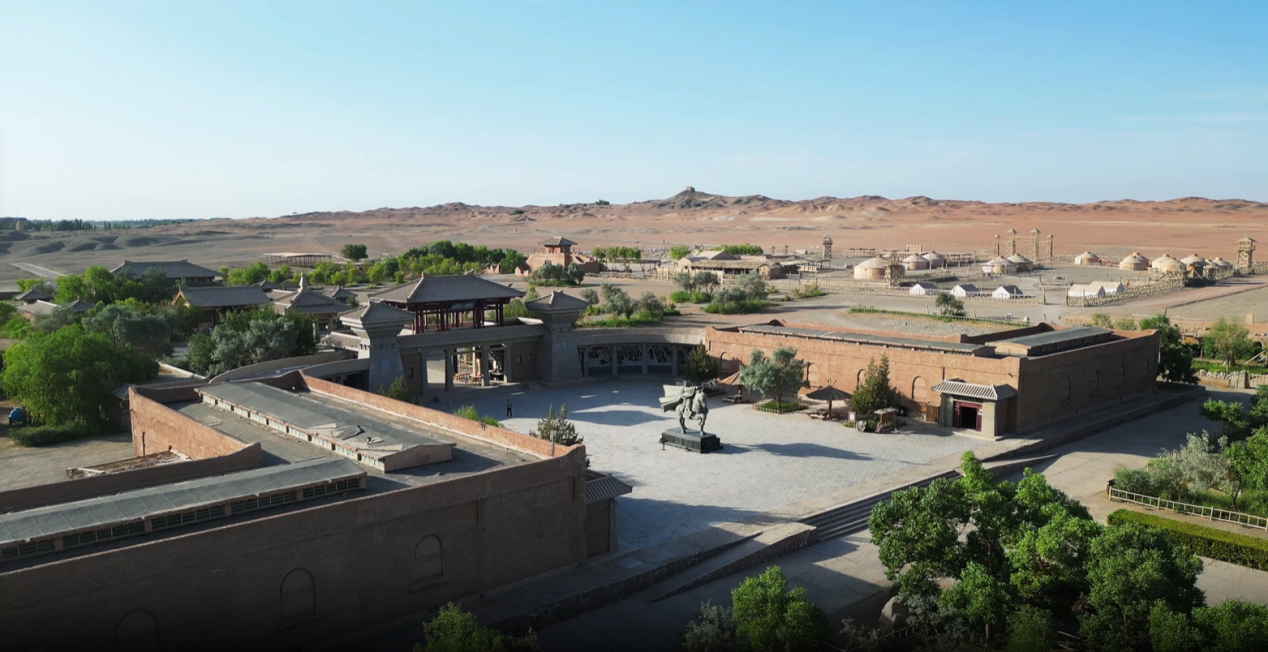

Located in the southwest of Dunhuang City, Yangguan Pass has a history of more than 2,100 years. Together with Yumen Pass, it was the gateway to the Western regions at that time, and it was the pass that must be passed on the southern Silk Road. There are many relics and relics of the Han Dynasty in Yangguan Scenic spot, such as Ancient Yangguan Ruins, Yangguan Beacon Tower, Yangguan Ancient Road, Shouchang City site, Han Great Wall site, Wowadi Site, Xitugou Site, ancient tombs, ancient pottery kilns and so on.
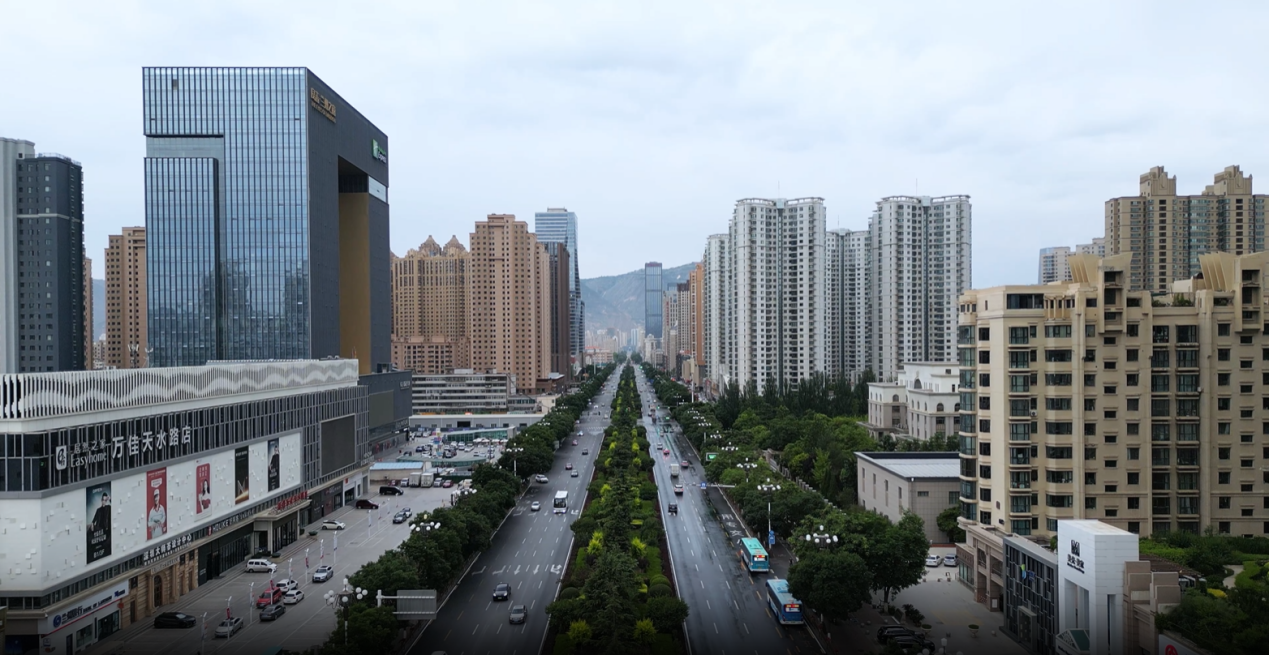
The river flows and civilization goes on. The starry Chinese culture will not disappear with time, but with new vitality. Today, the Chinese civilization is still writing the story of the Yellow River in the new era.